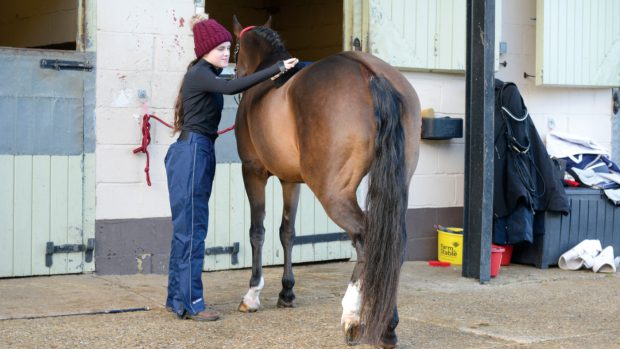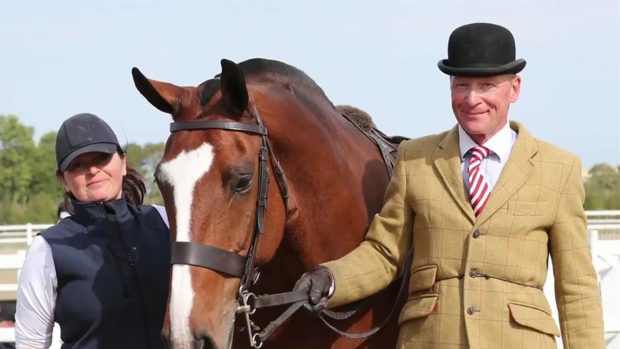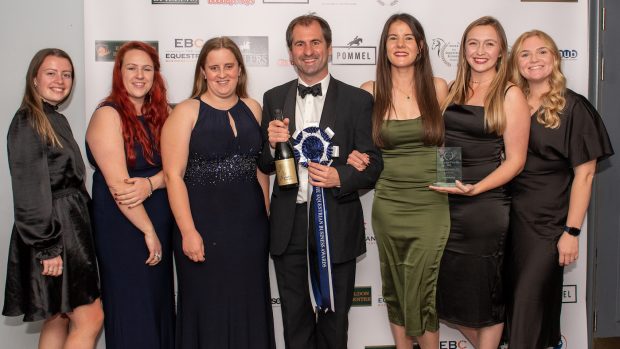Find out more about equine businesses
Q. I am a UK-based professional showjumper and I regularly compete abroad. Due to the size of my business activity, I am VAT-registered. I understand that because of new rules, money I spend abroad in the EU — for example, for goods and services — should not have VAT charged on it, which will make my VAT return much simpler. Is this correct?
TB, Cheshire
A. You are right, however the VAT rules within this area are quite complicated.
What are the rules?
From 1 January 2010 (with sophisticated changes from 1 January 2011), there was a
change that meant where EU B2B (business to business) transactions took place, the selling business did not have to charge VAT, according to tax specialist Julie Butler of FCA Butler & Co.
“You must, however, note that supplies you make in the UK — such as horses — and sell to overseas businesses in the EU should not be charged VAT,” said Julie. “This is because it is a ‘business to business’ transaction.”
Do I need documentation?
It is important to make sure you have proof of VAT registration for your tax return.
“If a VAT-registered showjumper sells a horse to an overseas business, which in turn is VAT-registered, they would not have to charge VAT on this sale,” said Julie.
“They should, however, obtain the purchaser’s VAT registration number, which acts as proof that they are VAT-registered.”
Who should be charged VAT on a deal?
On the other hand, overseas customers — as opposed to businesses — who are not VAT-registered must be charged VAT. This is known as B2C (business to customer).
Why were these regulations changed?
The changes are intended as a simplification to avoid unnecessary VAT being charged between EU countries, however some supplies are exempt, such as livery. Contact your accountant or the VAT office for clarification.
Information
Butler & Co Tel: 01962 735544 or visit www.butler-co.co.uk
This Ask H&H feature was first published in Horse & Hound (21 April, 2011)
Find out more about equine businesses




